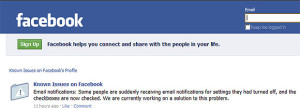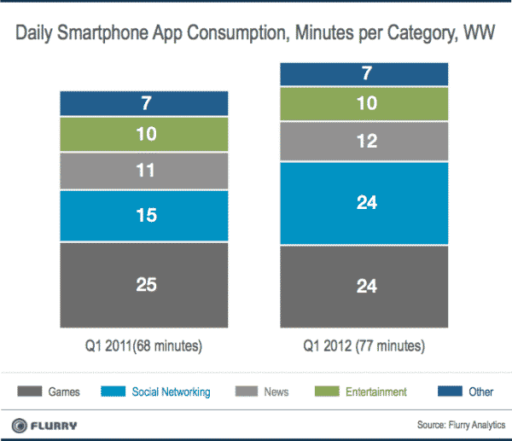Google launched its ‘Search, Plus Your World’ feature a while ago. The feature essentially allowed content straight from your Google+ to appear among the top results in your Google queries. The issue with this feature was that, it pulls up content only from one single social network – Google+.
As soon as Google had launched the feature, other social networks started calling foul, accusing Google of using its position to promote its product unethically. However, the real fact was, Google had always wanted to display content from Facebook and Twitter in its search. But folks at Facebook and Twitter never agreed to that. So, Google went on to prioritize Google+ content in Google search results only. Back then, Twitter had termed it a move which was “bad for people, publishers, news organizations and Twitter users.” It was rather strange, given Twitter’s position earlier.
In fact, Twitter, Facebook and MySpace teamed up to publicly criticize this move by Google and to persuade the users, as well as regulators, that this was essentially an unfair move. Google, on the other hand, responded by revealing Twitter’s unwillingness to renew its contract with the search giant to let it index the tweets.
The good news is, Google may be ready to change this policy and is, in fact, saying that it is trying to evolve the Search Plus Your World feature. In a recent interview, Google Fellow Amit Singhal has stated that the personalized Google+ results in search “have now settled in a place which were better than when we launched.”
He further states that Google is still working on the algorithm of Search Plus Your World and that it is a “learning process” for Google. He concludes it by stating, “We experiment, we learn, we improve – that’s what Google does.”
Does this mean that search rankings of content pulled from you Google+ account will fall in Google search? No. But it does mean that based on the user feedback that Google may have gathered so far, the search giant is going to make the feature more useful for the users with content from multiple social networks.
Source: The Telegraph
Courtesy: The Verge
[ttjad keyword=”chrome-laptop”]




